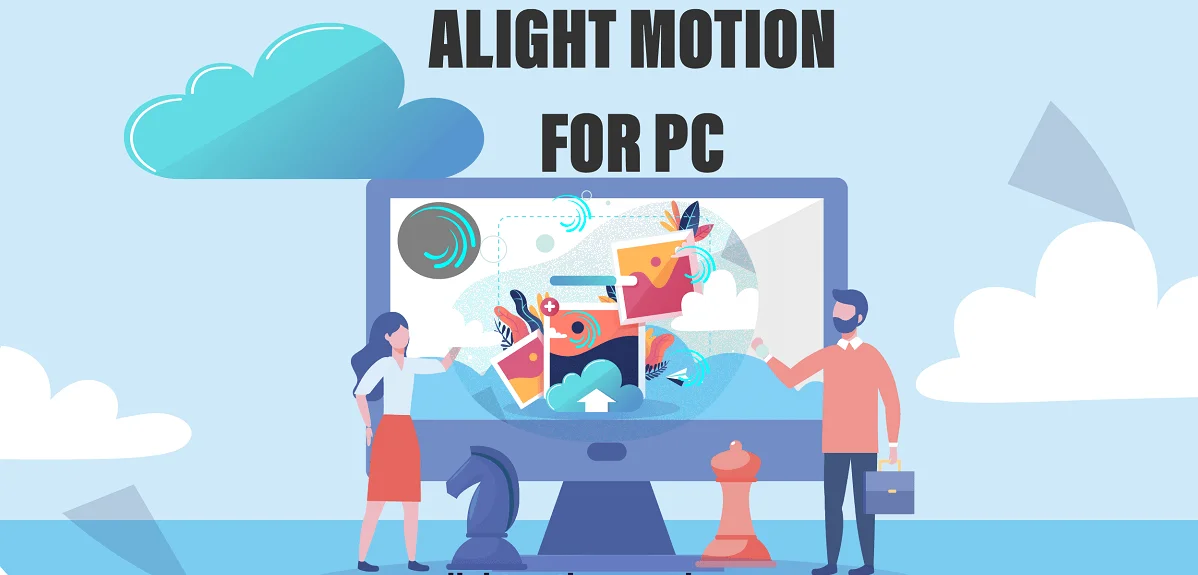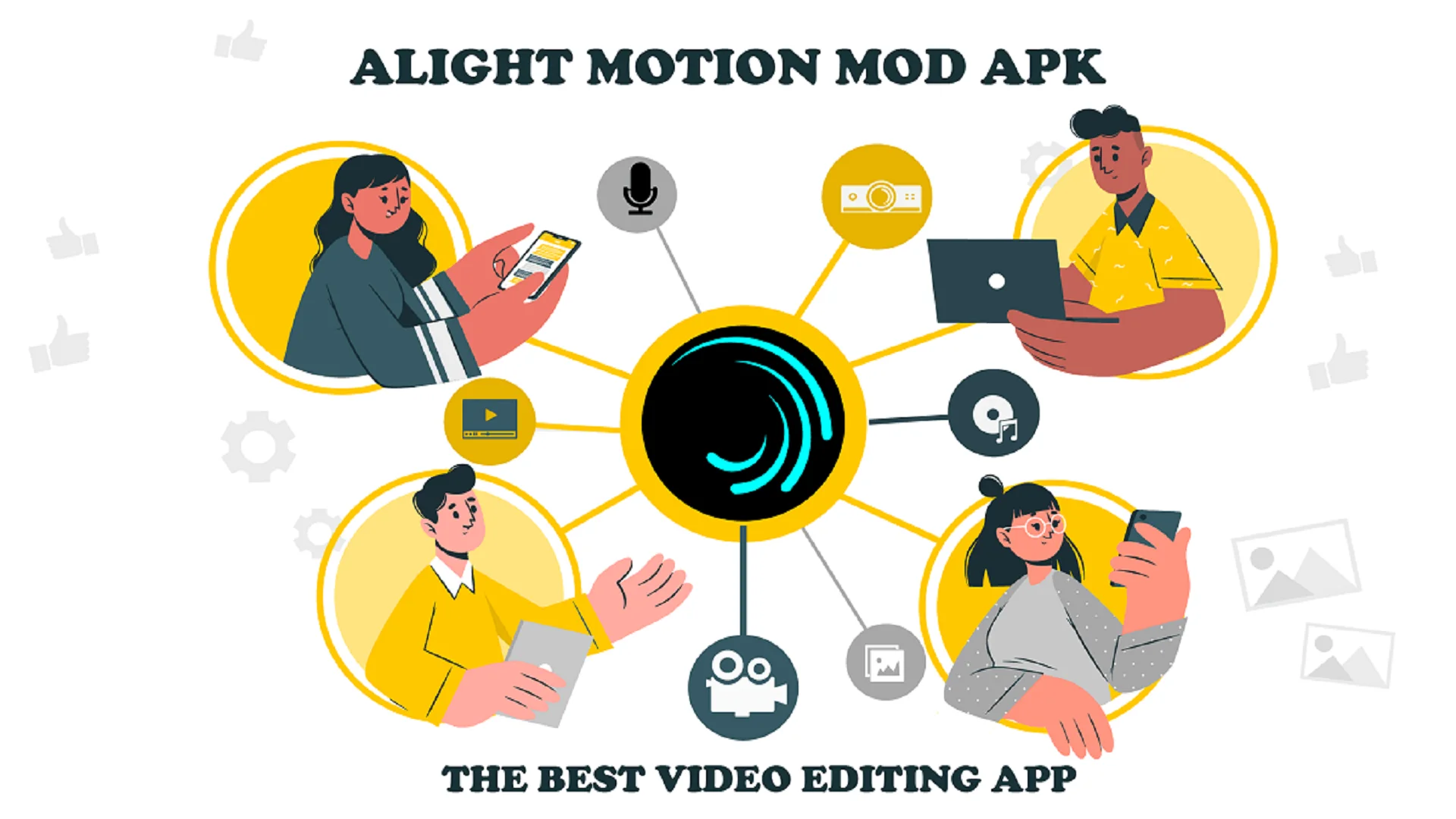Your cart is currently empty!

Nokia’s AI Leap: The Quiet Revolution in Telecom
In a world where technological advancements are reshaping industries at breakneck speed, Nokia is quietly leading a revolution in the telecommunications sector. Once known primarily for its iconic mobile phones, Nokia has reinvented itself as a powerhouse in AI-enhanced telecommunications, leveraging cutting-edge technologies to redefine connectivity and network performance. With strategic partnerships, innovative AI applications, and a focus…
In a world where technological advancements are reshaping industries at breakneck speed, Nokia is quietly leading a revolution in the telecommunications sector. Once known primarily for its iconic mobile phones, Nokia has reinvented itself as a powerhouse in AI-enhanced telecommunications, leveraging cutting-edge technologies to redefine connectivity and network performance.
With strategic partnerships, innovative AI applications, and a focus on sustainability, Nokia is not just keeping pace with the competition—it’s setting the standard for the future of telecom.
Table of Contents
Nokia’s AI-Driven Transformation
From Mobile Phones to AI Powerhouse
Nokia’s journey from a mobile phone giant to a leader in AI-driven telecom is a testament to its adaptability and foresight. The company has embraced artificial intelligence (AI) and machine learning (ML) to enhance its 5G networks, improve customer experiences, and optimize operational efficiency.
Partnership with Ooredoo Qatar
A key milestone in Nokia’s AI journey is its partnership with Ooredoo Qatar. This collaboration leverages AI and ML to implement network slicing, a technology that creates virtual networks tailored to specific use cases. The result? Enhanced network performance, reduced downtime, and a superior customer experience.
Why Nokia’s AI Strategy Matters
Revolutionizing 5G Networks
Nokia’s integration of AI into its 5G networks is a game-changer. By using AI to monitor and predict network performance, Nokia ensures seamless connectivity and efficient bandwidth management. This not only improves user satisfaction but also paves the way for advanced applications like smart cities and telemedicine.
A Competitive Edge in the Global AI Race
While Chinese companies like Huawei and global competitors like Ericsson are also investing heavily in AI, Nokia’s strategic approach sets it apart. The company’s focus on sustainability, data security, and strategic partnerships positions it as a leader in the race for AI supremacy.
Real-World Applications of Nokia’s AI Technology
Enhanced Mobile Experiences
Nokia’s AI-driven network optimization ensures stable connections and improved bandwidth, directly enhancing user experiences. Whether streaming high-definition videos or making video calls, customers benefit from faster, more reliable connectivity.
Smart Cities
Nokia’s AI-powered networks are at the heart of smart city initiatives. From efficient resource management to intelligent traffic systems, these networks enable cities to operate more sustainably and effectively.
Healthcare Innovations
In the healthcare sector, Nokia’s AI-enhanced networks support telemedicine and remote surgeries by enabling real-time data streaming and communication. This has the potential to revolutionize healthcare delivery, especially in remote areas.
Challenges and Controversies
Regulatory Compliance
As Nokia expands its AI-driven solutions globally, it must navigate varying international regulations related to AI and telecommunications. This requires a delicate balance between innovation and compliance.
Data Privacy Concerns
With increased data processing capabilities, ensuring customer data privacy is a top priority. Nokia addresses this challenge through robust encryption and real-time threat detection systems.
Market Forecasts and Industry Trends
The global telecom AI market is projected to grow at a CAGR of over 42% from 2021 to 2026, driven by the need for enhanced customer experiences and automated operations. Nokia’s innovative approach positions it to capitalize on this growth, making it a compelling option for investors.
Nokia vs. Competitors: A Comparative Analysis
| Feature | Nokia | Huawei | Ericsson |
|---|---|---|---|
| AI Integration | Advanced AI-driven 5G solutions | Heavy R&D focus on AI-enhanced 5G | Diverse AI solutions for telecom |
| Global Reach | Strong partnerships | Extensive global presence | Superior global reach |
| Sustainability | Energy-efficient technologies | Moderate focus on sustainability | Strong sustainability initiatives |
Pros and Cons of Nokia’s AI Strategy
Pros:
- Enhanced network performance and reliability.
- Strategic partnerships fostering innovation.
- Strong foundation in AI-driven 5G solutions.
Cons:
- Potential cybersecurity risks.
- Dependency on continuous technological advancements.
Actionable Recommendations
For companies and investors looking to capitalize on AI-enhanced telecommunications, Nokia’s approach offers valuable lessons:
- Invest in AI and ML: Leverage these technologies to optimize network performance and customer experiences.
- Form Strategic Partnerships: Collaborate with tech innovators to stay ahead of the curve.
- Focus on Sustainability: Adopt energy-efficient technologies to reduce carbon footprints.
- Prioritize Data Security: Implement robust encryption and threat detection systems to protect customer data.
FAQ
What is network slicing, and how does Nokia use it?
Network slicing is a technology that creates virtual networks tailored to specific use cases. Nokia uses AI and ML to implement network slicing, enhancing network performance and customer experiences.
How does Nokia’s AI strategy compare to Huawei and Ericsson?
Nokia focuses on strategic partnerships and sustainability, while Huawei emphasizes R&D, and Ericsson offers diverse AI solutions with superior global reach.
What are the real-world applications of Nokia’s AI technology?
Nokia’s AI technology enhances mobile experiences, supports smart city initiatives, and enables healthcare innovations like telemedicine and remote surgeries.
What challenges does Nokia face in its AI-driven strategy?
Nokia must navigate regulatory compliance and address data privacy concerns while maintaining a competitive edge in technological advancements.
Why is Nokia a good investment in the telecom AI market?
Nokia’s innovative AI-driven solutions, strategic partnerships, and focus on sustainability position it for sustained growth in the rapidly expanding telecom AI market.
Interesting Read: Intel’s New Laptop Core Ultra 200 CPUs: Unprecedented Performance and Battery Life – Tech To Know


